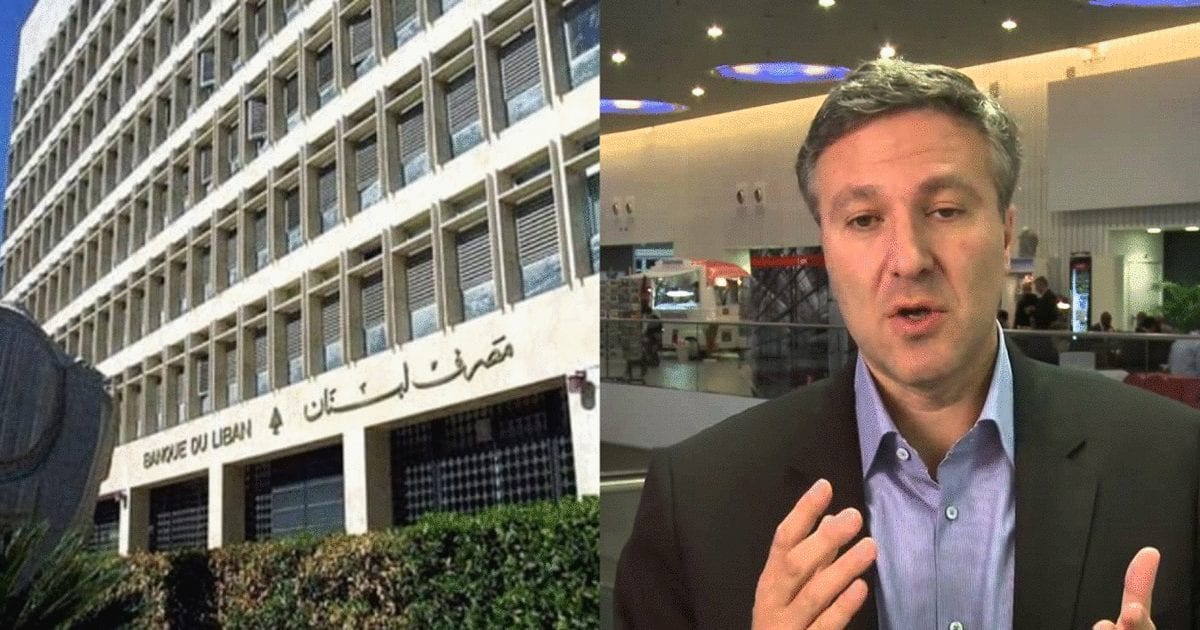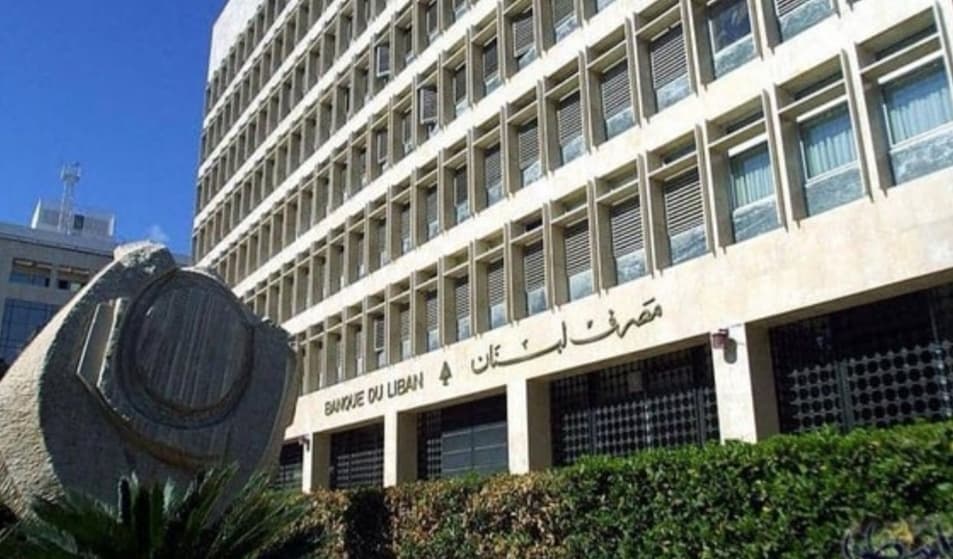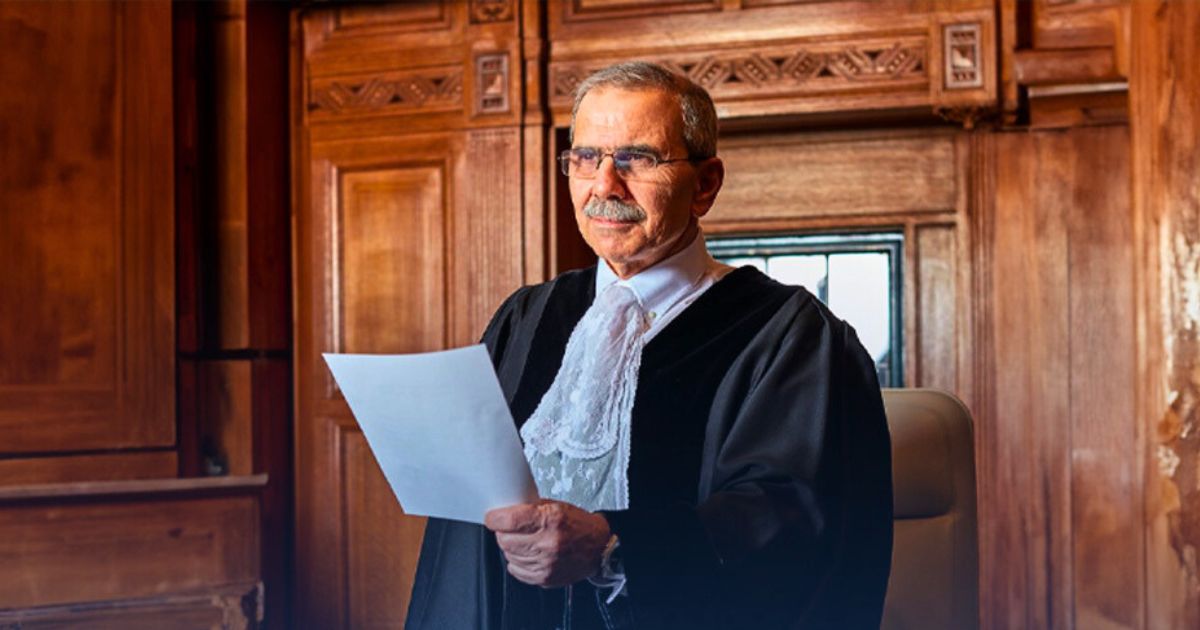Chairman and CEO of Pacific Future Energy (an oil refinery in Vancouver) Samer Salameh explains Lebanon’s financial crisis in an 8 minutes Facebook video amid fear and speculation of a Lebanese economic collapse.
Salameh starts his video explaining that, naturally, if an individual has one million dollars in his/her bank account and has a debt of three million dollars, that is a major conflict. He says that Lebanon suffers from exactly the same conflict; our debt is bigger than how much money we have in our accounts.
In Lebanon, as Salameh explains, there are around 20 banks, 18 of which belong politicians or people close to the politicians. These some 20 banks have around 170 billion dollars of deposits in deposit boxes collected altogether, which is actually a great amount of money. In Jordan, and having a population of 9 million, there are around 50 billion dollars in deposit boxes.
Out of the 170 billion dollars in Lebanon’s banks, 20 billion dollars belong to building projects and real estate, and 40 billion dollars is the money put in the Lebanese economy field. The other 110 billion, according to Salameh, is a loan that banks have given the Lebanese Central Bank, which in return is loaning it to yours truly, the Lebanese state.
The state’s yearly revenue is equivalent to 12 billion dollars, but the government spends 17 billion dollars a year, which means that every year the government spends 5 billion dollars more than it actually has.
Every year, the government suffers a fiscal deficit of 5 billion dollars, with interests and loans only adding up to the deficit.
Salameh says that the government has two choices; either spend the amount they have -12 billion dollars- no more or might as well keep on asking for loans. However, no one is willing to lend Lebanon money anymore.

![]() @alakhbarnewspaperembedded via
@alakhbarnewspaperembedded via
The loans, which were taken from Paris I, Paris II, and Paris III conferences, were stolen and spent by politicians, without any construction project seeing the light.
Salameh raises the following question: “If I am a government that needs an extra 5 billion dollars every year, and no one is lending me any money, from where can I take this money?” To which he answered: “From Lebanon and the Lebanese, of course.”
Which is why the Central Bank has been given the state 110 billion dollars out of banks’ deposit boxes. On another hand, the Central Bank is paying the fiscal deficit from interests that the people are paying, which are equivalent to an outrageous percentage of 15-20%. The loan is getting bigger by the day.
Salameh says that, while the whole state’s deposit box contains 40 billion dollars, the state has a dept of 85 billion dollars to pay. “If the Central Bank lends the government 110 billion dollars and then has to pay the 5 billion dollars difference, this is called bankruptcy not broke.”
He mocks PM Hariri’s reform paper, saying: “Only three days after the revolution in Lebanon started, PM Hariri pulls a Harry Potter card and suddenly has 5 billion dollars to spare!”
Salameh says that some reforms could be done to help in Lebanon’s financial crisis, starting with creating a Government Budget Balance, which is a financial statement presenting the government’s proposed revenues and spending for a financial year.
This can be achieved not by demanding more taxes from citizens but by reducing the state’s expenses, by extracting theft from its very deep roots. Salameh suggests that if the Electricity conflict was to be resolved, this could easily be a 2 billion dollars added to the state’s revenue and, therefore, to the deposit box.
He also advised politicians to spend the money to be given from the Cedre conference in Paris in 2018 (worth 11 billion dollars) on projects related to electricity and street construction instead of paying 700-800 million dollars on a waste incinerator that should actually cost much less than that.
Salameh ends his video explaining that out of the 110 billion dollars, 90 billion dollars are found in 24,000 accounts, which is equivalent to 6000-10,000 people, saying that each person has two accounts or three in different bank branches. He urges the state to investigate any account that owns more than one million dollars and see where it traces.
Follow us on Instagram @the961 and on Twitter the961com as we are currently covering the Lebanese revolution stories. Also, join us on Facebook @The961Lebanon to engage with our fans in Lebanon and across the world.





















